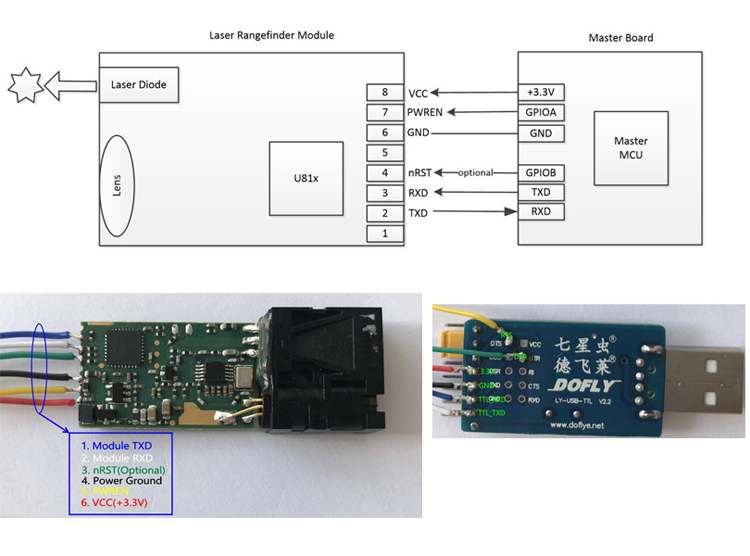.jpg)
Recently, Debiotech, a Swiss medical technology company, has teamed up with two Swiss research centers to develop a new generation of artificial pancreas for diabetic patients. The researchers aim to improve the automatic insulin transport device by using a micro-electromechanical system to control the insulin pump. Of their accuracy, they used an algorithm to assess the patient's needs based on measuring the patient's body's blood glucose levels, the patient's time, and the expected activity of adjusting the insulin pump infusion rate.
The long-standing obstacle to the manufacture of artificial pancreas is to create sufficiently accurate blood glucose data and to analyze data on automatic insulin infusion; current continuous blood glucose monitoring insulin pump combinations on the market, such as Medtronic's MiniMed, require the user to determine the insulin dose. In addition, all of the dynamic blood glucose monitoring systems (CGMs) are scheduled to undergo routine daily calibration, eliminating the advantages of having such a device.
An artificial pancreas can accurately and automatically input appropriate levels of hormones, including insulin, to help diabetics more easily control their blood glucose levels within the prescribed range, and there are many current research and development processes. Method, but none can meet market requirements. Peter Diem, director of endocrinology at Bern University Hospital, said in a statement that people with diabetes now need to follow a mandatory treatment, including blood glucose, dose calculations, and insulin injections. The idea will produce a single system that helps guide these operations without any intervention.
The system will include JewelPump, Debiotech's MEMS integration and disposable device chip technology, which can dispense 500U insulin over a 7-day period using a miniaturized, water-discharged patch pump. Integrating a small device app, including a blood glucose monitoring reader and a miniature calculator, this new artificial pancreas algorithm can also run on wireless PDA devices.
Earlier this year, Debiotech obtained permission for continuous glucose monitoring technology. Finally, researcher Stavroula Mougiakakou said that our proposed algorithm is very easy to use, and based on the basis of reinforcement learning, it introduces real-time individualized changes for the patient's body. Internal changes that can compensate for the effects of uncertain events.
New product of U85 micro laser distance sensors use highly focused class 2 laser to detect objects or measure distances, and can return a measured value via varieties intface( serial, usb, rs232, rs485, bluetooth etc.). The electronic distance sensor is a very small Laser Distance Sensor, but high resolution up to 1mm and long distance measuring sensor - teachable measuring range of up to 30m. Extremely accurate distance sensing sensors, errors down to ± 1mm. And the mini sensors and measurements support continuous measurement function, great for compact solutions(eg: robots) with the smallest Laser Distance Sensor of the world!

Parameters of U85:
Accuracy
±1 mm (0.04 inch)
Measuring Unit
mm
Measuring Range (without Reflection)
0.03-20m/0.03-30m
Measuring Time
0.1~3 seconds
Laser Class
Class II
Laser Type
620nm-690nm, <1mW
Size
41*17*7mm (±1 mm)
Weight
About 4g
Voltage
DC2.0~3.3V
Electrical Level
TTL/CMOS
Certifications
CE, FCC, RoHS, FDA
Operating Temperature
0-40 ℃ (32-104 ℉ )
Storage Temperature
-25~60 ℃ (-13~140 ℉)
Mini Laser Distance Sensor,Optical Laser Distance Sensor,Smallest Laser Range Sonsor,Laser Measuring Sensor
Chengdu JRT Meter Technology Co., Ltd , https://www.jrt-measure.com